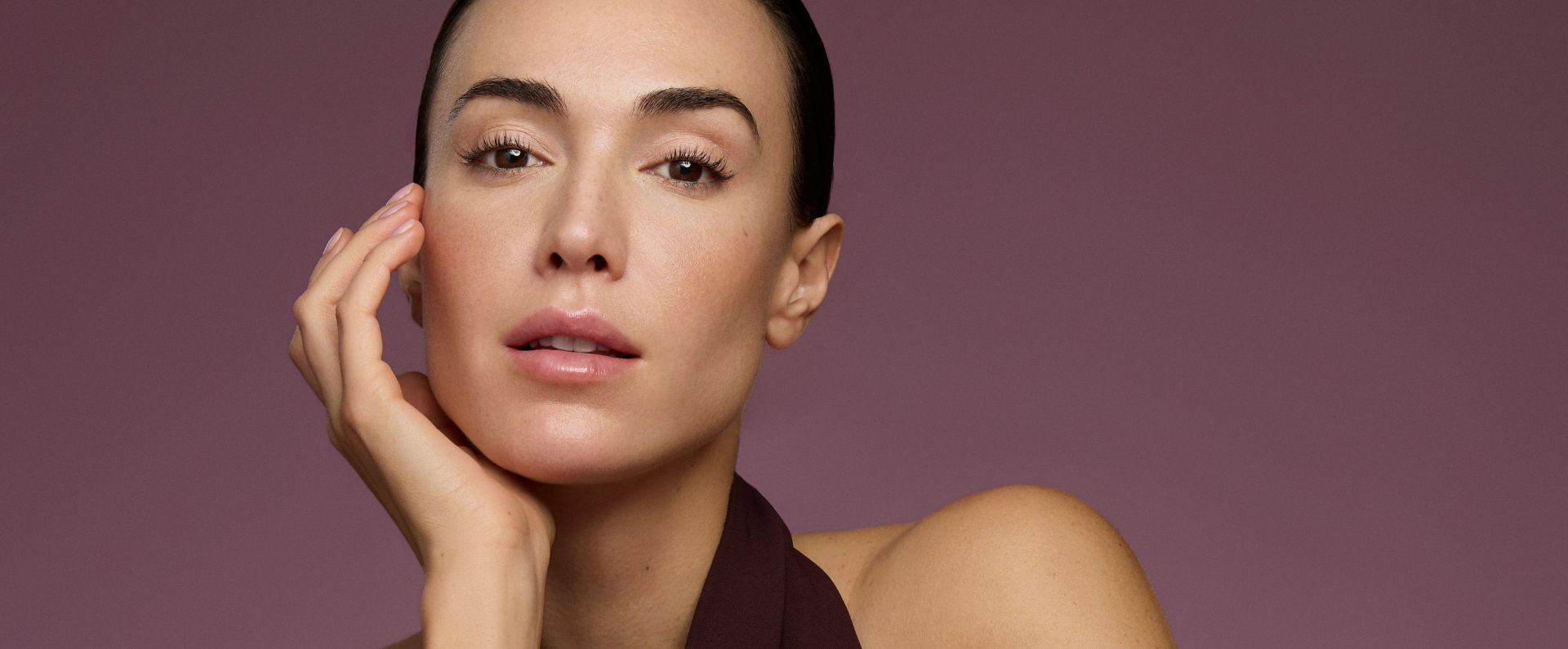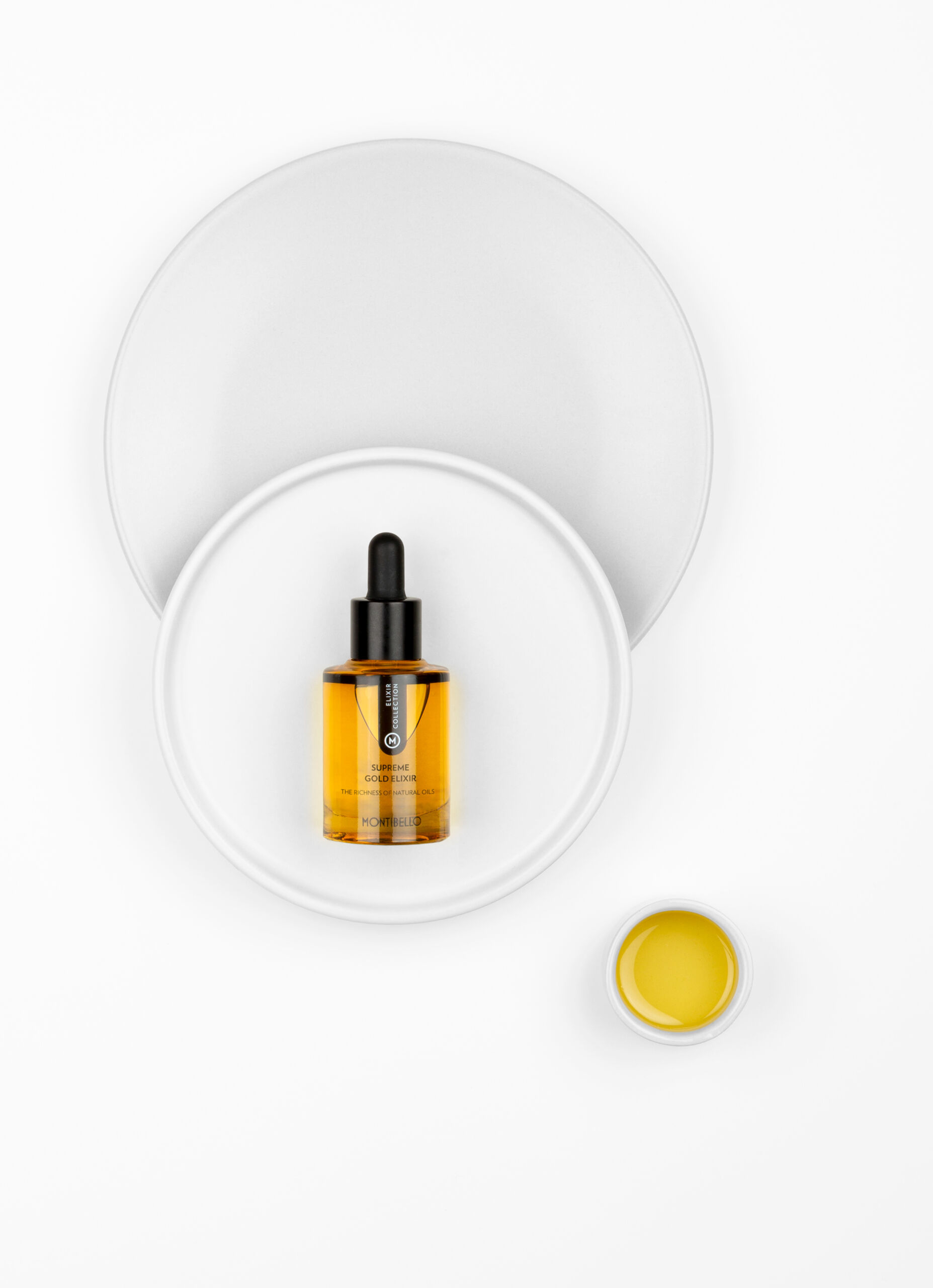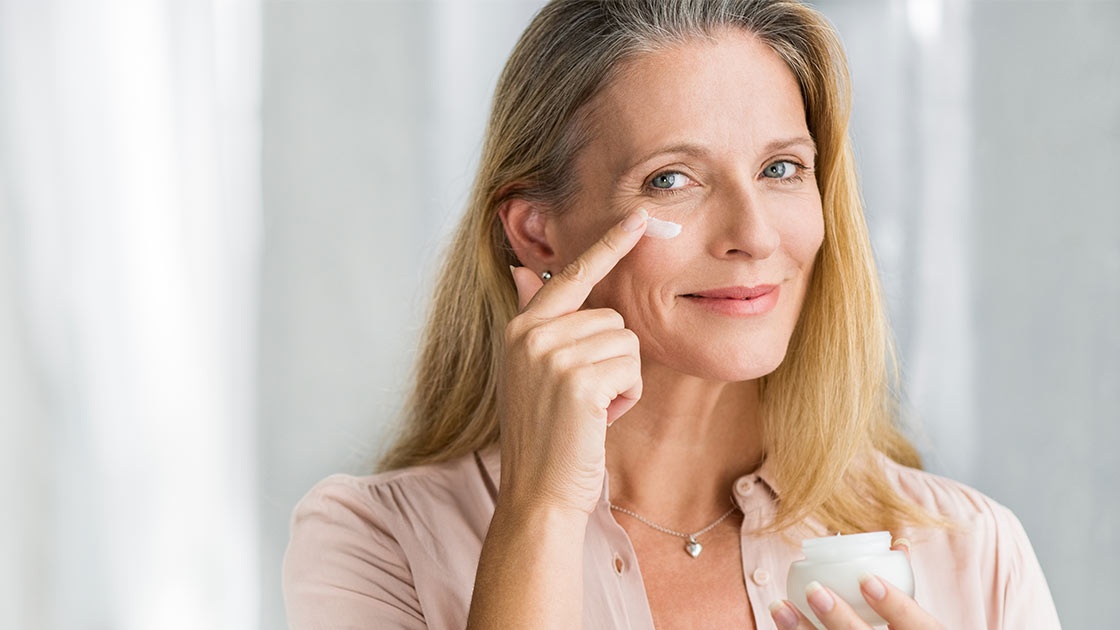

What no one has told you about collagen and premature ageing
Collagen, one of the most abundant proteins in the human body, has become a hot topic in dermatology, cosmetics, and the media due to its vital role in keeping skin youthful. Acting as the “scaffolding” that supports the skin’s structure, collagen is responsible for its firmness, elasticity, and strength.
From around the age of 25, the body’s natural collagen production starts to decline gradually, and this loss becomes more pronounced over time, leading to the first signs of ageing: wrinkles, sagging, and loss of volume.
Why do collagen levels drop?
Several factors, both internal and external, contribute to the breakdown of collagen in the skin. Here’s the lowdown:
- Natural ageing: As we age, the cells that produce collagen (fibroblasts) become less active, gradually reducing collagen synthesis.
- Sun exposure (UV radiation): Ultraviolet rays damage existing collagen fibres and impair the skin’s ability to produce new ones. This is one of the main causes of premature ageing.
- Environmental pollution: Ongoing exposure to pollutants can create free radicals that destroy collagen and elastin.
- Oxidative stress: Free radicals, triggered by factors like smoking, poor diet, or physical and emotional stress, accelerate collagen breakdown.
- Sugar and poor diet: Too much sugar in your diet can lead to a process called glycation, which stiffens and weakens collagen fibres, reducing their effectiveness.
- Smoking: Smoking reduces blood flow to the skin and introduces toxins that break down collagen.
- Lack of sleep and inadequate rest: Skin and tissues regenerate during sleep. Poor rest hinders proper cell renewal, and let’s not forget—your skin repairs itself while you snooze.
How can we keep skin looking youthful?
A healthy lifestyle is key to preserving collagen. Here are some top tips:
- Balanced diet: Foods rich in vitamin C (like citrus fruits, strawberries, and peppers), zinc (found in seeds and nuts), and amino acids (from lean meats and fish) are essential for boosting collagen production.
- Daily sun protection: Using broad-spectrum sunscreen helps prevent UV-induced collagen breakdown.
- Skincare routine: Ingredients like retinol, peptides, and antioxidants can encourage natural collagen production and protect existing fibres.
- Aesthetic treatments: Procedures like microneedling can naturally stimulate collagen production.
“The good news is that, while ageing is inevitable, we have plenty of tools to help maintain youthful skin and optimal collagen levels”, says Marta Martí, Skin Expert at Montibello.








